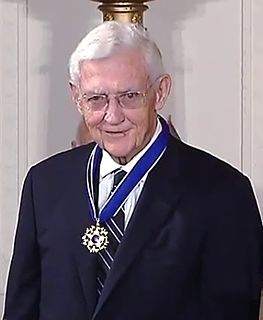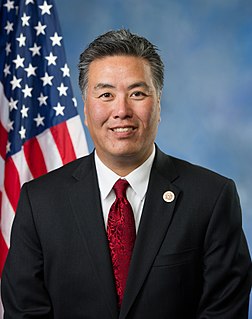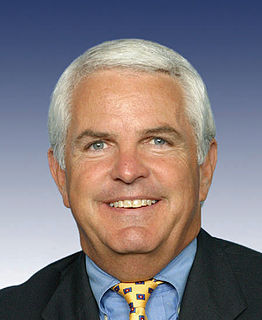A Quote by Susan Rice
I think most Americans understand that we went through a period in which American leadership was judged quite critically internationally.
Related Quotes
Frankly that's what makes such a big difference between President Obama on one hand and Mitt Romney on the other. Gov. Romney has not walked in those shoes of the ordinary Americans and frankly I don't think he has the capacity to quite understand the struggle that the 98 percent of Americans go through every single day.
Absolutely. I think, I think the American people, at their core, are a decent people. I think that we still have prejudice in our midst, but I think that the vast majority of Americans are willing, are willing to judge people on the basis of their ideas and their character. And in the case of the presidency, I think what's most important is whether the American people think that you understand their hopes and dreams and struggles and whether they think you can actually help them achieve those hopes and dreams.
It may be the optimist in me, but I think America has a uniquely powerful and capacious glue internally. The American identity has always been ethnically and religiously neutral, so within one generation you have Italian-Americans, Irish-Americans, Chinese-Americans, Jamaican-Americans - they feel American. It's a huge success story.
Richard Hofstadter, in his famous book which was written in the time of the McCarthy period in the 1950 and 1960s, Anti-intellectualism in American Life, talks about the deep hatred that some Americans had for what they consider to be elitist intellectual activity. I think that's what's happening now.
Most people think leadership is about being in charge. Most people think leadership is about having all the answers and being the most intelligent person or the most qualified person in the room. The irony is that it is the complete opposite. Leadership is about empowering others to achieve things they did not think possible. Leadership is about pointing in the direction, articulating a vision of the world that does not yet exist. Then asking help from others to insure that vision happens.












































